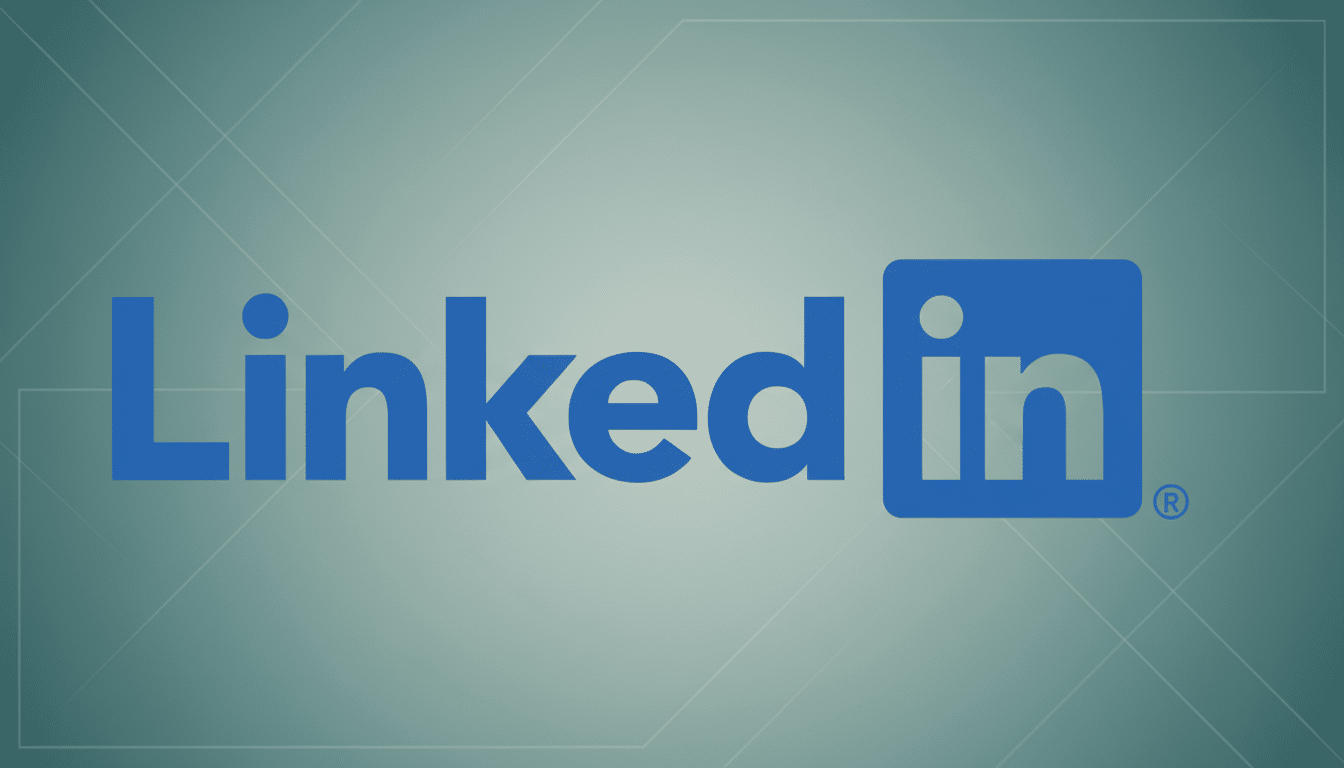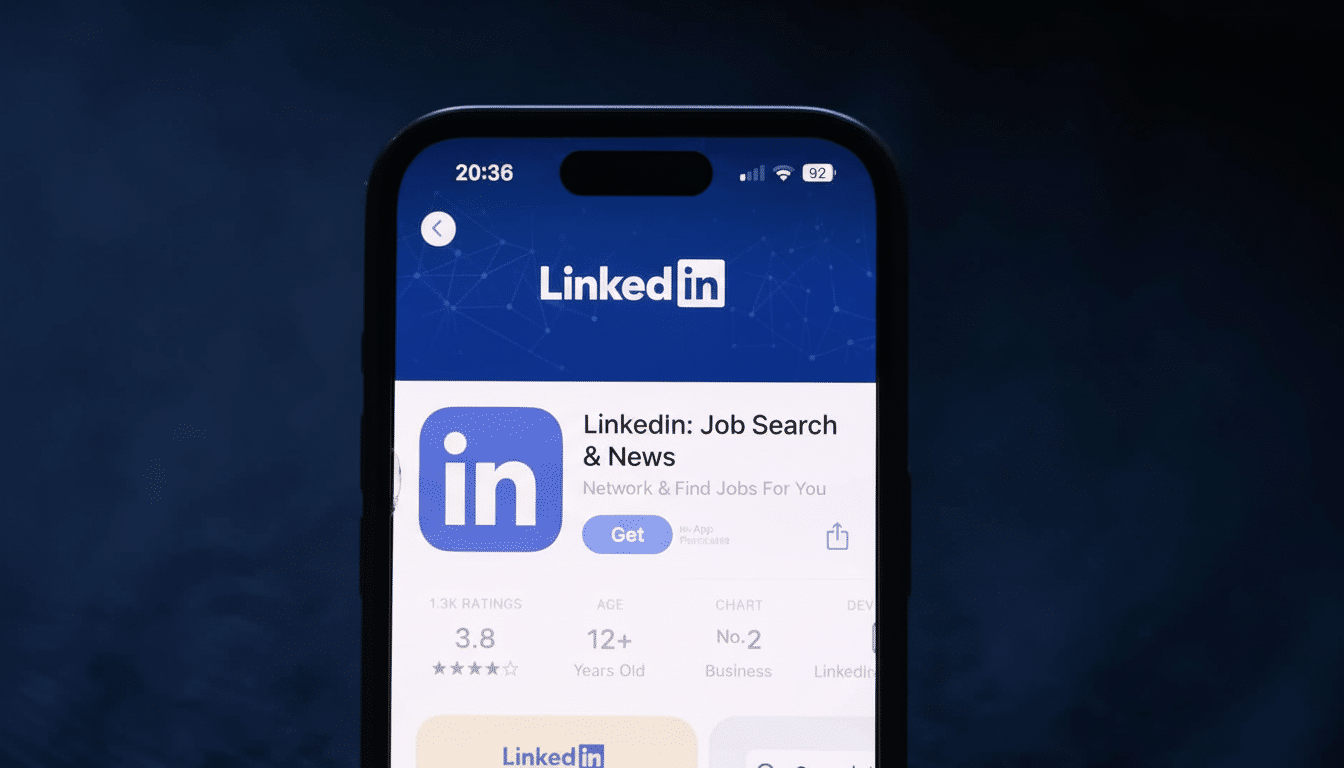LinkedIn has filed a federal lawsuit alleging that ProAPIs, a software company, conducted an “industrial-scale” operation to scrape member data through a network of fake accounts and sell access for as much as $15,000 per month. The complaint, filed in Northern California, presents the alleged scheme as an assault on the very integrity of the professional network and trust among its more than one billion members.
Inside LinkedIn’s new lawsuit targeting alleged data scraping
LinkedIn says in the filing that ProAPIs and its chief executive, Rahmat Alam, developed or controlled millions of fake accounts that scraped profile fields including company names and schools attended by users as well as posts, reactions to them, and comment activity. LinkedIn alleges the operation misappropriated its trademarks on marketing materials, suggesting an affiliation or endorsement that isn’t there.
- Inside LinkedIn’s new lawsuit targeting alleged data scraping
- How the alleged scraping scheme operated across fake accounts
- Scraping law after hiQ and ProxyCurl, and remaining claims
- Why Fake Accounts Are a Force Multiplier
- What’s at Stake for Platforms and Buyers
- What comes next in LinkedIn’s case against ProAPIs

LinkedIn maintains that its automatic defenses will deactivate fakes after a matter of hours, but to be sure: that is long enough to harvest meaningful quantities of data at scale. The company contends that such a style of behavior is not only in violation of its Terms of Service, but also runs afoul of myriad laws on everything from computer abuse and unfair competition to trademark law, and is seeking preliminary and permanent injunctions as well as damages and the destruction of any wrongfully obtained data.
How the alleged scraping scheme operated across fake accounts
The complaint paints a contemporary scraper playbook: use bot-led or human-supported account farms to avoid detection; make the process look like normal browsing activities; and run infrastructure through a revolving door in order to skirt rate limits and bans. Once logged in, those accounts can compile extremely valuable “enriched” collections of data — connecting roles, employers, educational history, skills, and even engagement signals that the company sells to recruiters, sales teams, data brokers, and artificial intelligence developers.
The pricing quoted by LinkedIn — into five figures per month — is consistent with the larger data-as-a-service market, where actual real-time freshness and coverage exact a premium. The temptation is clear: where once data was gathered by slow (by comparison), manual means, scraping delivers breadth and speed. It’s an easy sell to customers who are hungry for constantly updated professional intelligence.
Scraping law after hiQ and ProxyCurl, and remaining claims
LinkedIn’s legal stance reflects a set of lessons learned from years of court battles over access to data. In the hiQ Labs v. LinkedIn saga, the Ninth Circuit concluded that scraping public profiles probably wasn’t a Computer Fraud and Abuse Act violation — a decision that narrowed one of the industry’s most-referenced anti-hacking laws in this context. But that decision didn’t shut the door on platforms pursuing claims drawn from contracts, trespass to chattels, trademark, and anti-circumvention.
LinkedIn has highlighted those alternative paths. Executives have cited victories in other scraping operations, including a recent case involving ProxyCurl, to argue that misuse of member information can be thwarted with a combination of technical means and lawsuits brought against the abusers. The ProAPIs suit amplifies that approach, focusing more squarely on fake accounts and brand misuse and platform rule-breaking as opposed to a straight CFAA theory.

Why Fake Accounts Are a Force Multiplier
These fake accounts do more than simply sweep up data; they undermine the signals that render a professional network valuable. Engagement metrics start to become noisy, recruiter outreach is misdirected, and the trust of identity assertions starts to falter. LinkedIn’s transparency reporting has often flagged attempts to block mass fake sign-ups at the point of registration, illustrating a continuing cat-and-mouse game with on-platform operators that perpetually iterate on their rule-breaking tactics to try to keep blending in.
At a large scale, even short-lived accounts can cause harm. A bot that lasts several hours “acting” normal can visit thousands of profile pages, collating fields that allow those downstream buyers to lay down contact graphs, infer team structure, and map competitive moves. That downstream utility — and resalability — is why account farms keep popping up even after bans.
What’s at Stake for Platforms and Buyers
For platforms, the legal questions are now less about whether public pages can be viewed than they are about the way in which viewing takes place and why. Lying in order to set up or maintain an account, the use of evasion tactics, or trading on a platform’s trademarks may be enough to tip the balance of a case for the site even after hiQ. The risk profile is elevating for buyers of scraped data: judges can order destruction of datasets, and regulators are increasingly circling data brokers and AI training pipelines.
There is also reputational exposure. Companies that consume ill-gotten data could also end up contaminating their own systems with falsehoods, and breaking internal compliance rules. At the same time, LinkedIn itself is facing lawsuits — on its own data practices, including an allegation that private messages were improperly shared to help AI training — a reminder of how fraught and fuzzy such a dividing line can be between legitimate product improvement and misuse.
What comes next in LinkedIn’s case against ProAPIs
If a court issues an initial injunction, ProAPIs could be obligated to cease accessing data, disclose infrastructure, and explain how many customers and how much revenue is from LinkedIn data. In the long run, anticipate that the case will explore how the defendants received accounts, which tools they used to circumvent defenses, and how they marketed the data — factors, generally speaking, that bear on liability under both contract and trademark laws.
The larger lesson is obvious: pro data economics are leveraging up and so is enforcement. The demand for scraped profiles is still strong, and with AI systems needing structured data to learn from and business teams hungry for real-time insights, there’s a market. The latest lawsuit by LinkedIn serves as another reminder that platforms will continue to engage that demand in the courts, not just in code.

